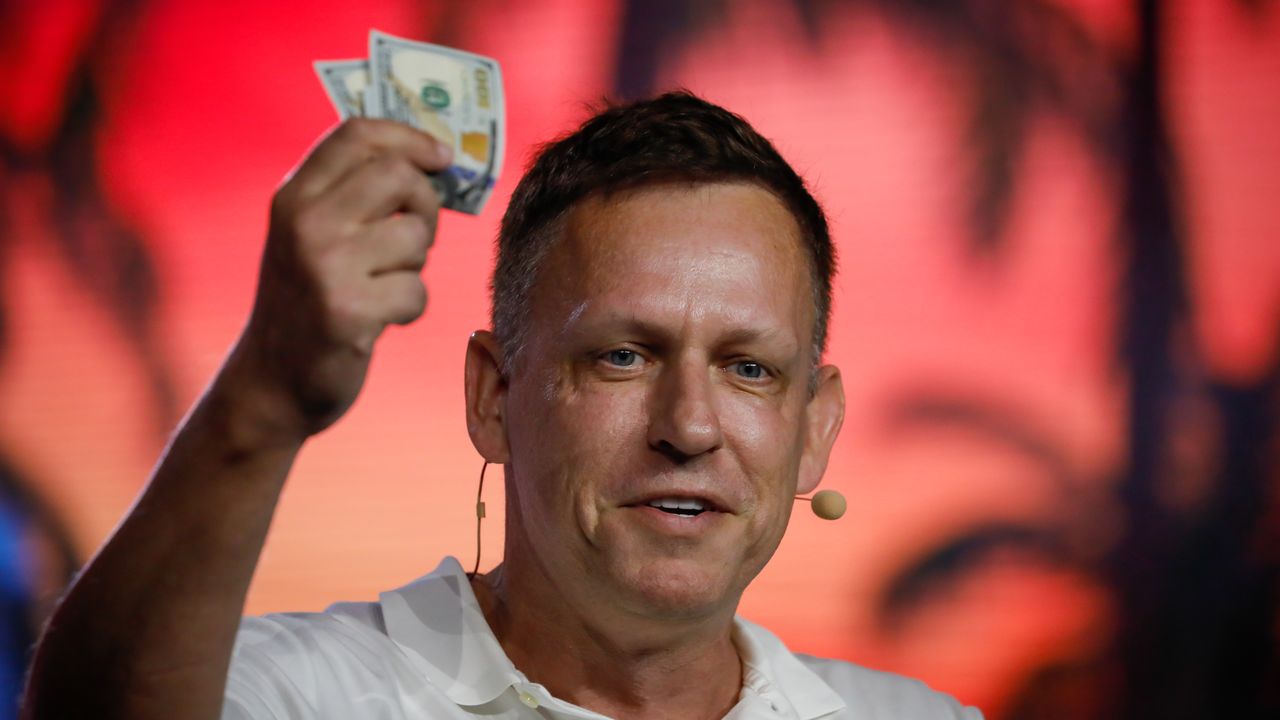Russia says it's using bitcoin to evade sanctions
Russian companies are using bitcoin to evade Western sanctions, thanks to a new law, the country's Finance Minister Anton Siluanov confirmed in a television interview.
Why it matters: Russia's economy has been hampered by difficulties in making and receiving international payments, even with countries like China that don't use the U.S. dollar as their reserve currencies.
Catch up quick: The Kremlin last month created an experimental legal framework for cryptocurrency miners, which includes a provision whereby approved entities can use crypto for international trade.
- It also could be a boon for Russian energy companies, which now can sell to a power-hungry group of domestic bitcoin miners.
Reality check: Just because Russian companies are allowed by their government to make payments in bitcoin, that doesn't necessarily mean all other countries will accept it — both due to their own laws and pressure on domestic banks from Western financial regulators.
The bottom line: This development could create a challenge for President-elect Trump, who is both a crypto convert and advocate for U.S. dollar dominance.









